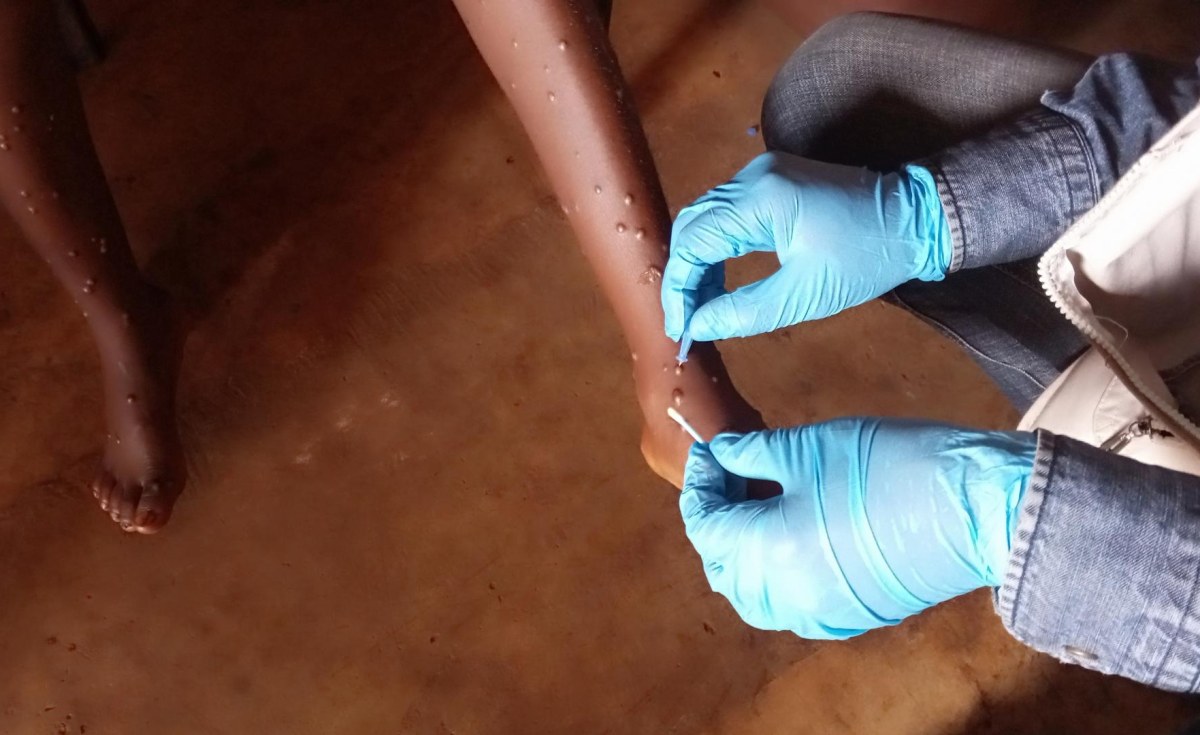
Members of Parliament are of the view that there is a need for Tanzania to enact a law to guide restriction of the internet and telecommunications to prevent abuse and violation of people’s rights to communicate.
The law, they argue, should also stipulate situations where the President or any other government official could, unilaterally or through consultation with Parliament, restrict people’s rights to communicate.
MPs’ concerns have come as African governments are increasingly using internet restrictions as a weapon against the Opposition’s capacity to mobilize supporters, especially during elections. In Tanzania, for example, social media sites and SMS communication were restricted on the eve of the civic, parliamentary and presidential elections in October 2020.
Between 2016 and 2020, Twitter, a social platform widely used by outspoken opposition supporters to air their views, was repeatedly suspended. Though the government cited maintaining peace and security as the reason for the restriction, MPs say there must be some kind of legal mechanisms to guide the restrictions.
We concur with legislators and we urge the government to consider taking up the idea. We understand that MPs are not totally against the restrictions as there could be situations to justify it. But leaving such huge powers to only one person without any legal prerequisites is dangerous.
If declaring a state of emergency is guided by law, why not restrictions of the internet? One reason why the law must be enacted is because people’s rights for association and communication are enshrined in the Constitution, which should be duly followed.
In fact the Legal mechanisms can benefit the government in some ways. It would be possible to know whether any disruptions of the internet or telecommunications are by the government or are an attack against the telecommunication infrastructure by criminal elements.
Share this news
This Year’s Most Read News Stories

Huduma Zimezorota Hospitali Ya Rufaa Mnazi Mmoja Zanzibar
Huduma katika Hospitali ya Rufaa ya Mnazi Mmoja Zanzibar zimezidi kuzorota huku wananchi wengi wakilalamikia uongozi wa Hospitali hiyo na watendaji wake.Continue Reading

Africa: Rwanda Gets a Grip Of Marburg, But Mpox ‘Not Yet Under Control’

Monrovia — The Rwanda Minister of State responsible for Health, Dr. Yvan Butera, cautioned that while the country is beginning to see positive signals in its fight against the Marburg virus, the outbreak is “not yet over”. He, however, expressed hope that “we are headed in that direction”. The minister said the epidemiology trend, since the disease was first discovered in the country more than a month ago, is moving towards fewer cases.
Dr. Butera, who was giving updates during an online briefing yesterday, said in the past two weeks, only two deaths were recorded while 14 people recovered from the disease. He said Rwanda was expanding its testing capacity with 16,000 people already inoculated against the disease.
The priority right now, Butera said, is “rapid testing and detection”.
Marburg is a highly virulent disease transmitted through human-to-human contact or contact with an infected animal. The fatality rate of cases, which has varied over the period, is more than 50%, according to the World Health Organization. WHO said the highest number of new confirmed cases in Rwanda were reported in the first two weeks of the outbreak. There’s been a “sharp decline” in the last few weeks, with the country now tackling over 60 cases.
At Thursday’s briefing, a senior official of the Africa Centers for Disease Control, Dr. Ngashi Ngongo, said mpox – the other infectious disease outbreak that countries in the region are fighting – was been reported in 19 countries, with Mauritius being the latest country to confirm a case. He said although no new cases have been recorded in recent weeks in several countries where outbreaks occurred previously – including Cameroon, South Africa, Guinea, and Gabon – Uganda confirmed its first Mpox death. This, he said, is one of two fatalities reported outside Central Africa.
Dr. Ngashi revealed that there was an increase in cases in Liberia and Uganda. He said mpox cases were still on an upward trend.
“The situation is not yet under control.”
Source: allafrica.com

East African Community Bloc Dismisses Fake Common Currency
The secretariat of the East African Community (EAC) regional bloc has dismissed a post on X, formerly Twitter, which claimed that the bloc’s member countries have launched a common regional currency.Continue Reading











